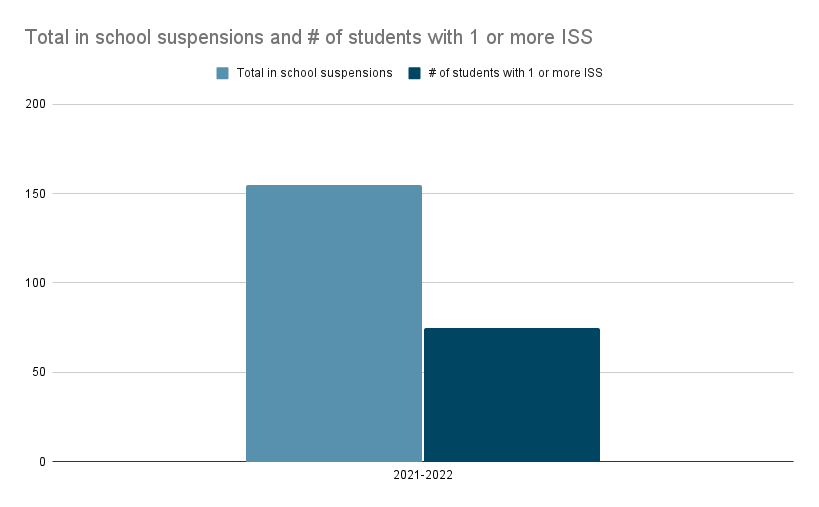BBC Income Plunge: Unprecedented Challenges Ahead

Table of Contents
The Crumbling License Fee Model
The traditional TV license fee, the BBC's primary revenue source for decades, is under severe pressure. Declining license fee revenue is a major contributor to the BBC's financial woes. This bedrock of BBC funding is eroding due to a combination of factors, creating a critical situation for the organization. Increased avoidance of license fee payments and the rise of readily available streaming services are significantly impacting its effectiveness.
- Rising numbers of households choosing not to pay the license fee: The ease of accessing online content has emboldened many to evade paying, leading to a substantial shortfall in projected revenue. This license fee decline is a significant threat to the BBC's operational budget.
- The increasing popularity of streaming platforms offering alternative content: Netflix, Amazon Prime, Disney+, and other streaming giants provide compelling alternatives, drawing viewers away from traditional broadcast television and reducing the perceived value of a TV license. This audience fragmentation is a major challenge for the BBC's future.
- The difficulty of enforcing license fee payments in the digital age: Tracking and prosecuting individuals who avoid paying the license fee in the digital era is proving increasingly challenging and costly, further exacerbating the problem.
- Debate surrounding the fairness and effectiveness of the current licensing model: The ongoing debate surrounding the fairness and effectiveness of the current licensing model fuels calls for reform and alternative funding mechanisms, further adding to the pressure on the BBC.
Increased Competition and Shifting Viewership
The BBC faces fierce competition from global streaming giants like Netflix and Amazon Prime Video, putting immense pressure on its audience share and advertising revenue. These digital disruptors are aggressively competing for viewers and high-quality programming, leaving the BBC to fight for its place in the increasingly fragmented media landscape. Changing viewing habits, with a shift towards on-demand content, further complicate the situation.
- The rise of on-demand streaming and its impact on linear TV viewership: The convenience and flexibility of on-demand streaming services have significantly impacted linear TV viewership, forcing the BBC to adapt its content delivery and scheduling. This shift in content consumption is fundamental to the BBC's challenges.
- Competition for high-quality programming and talent: Attracting and retaining top talent in a competitive market is increasingly challenging for the BBC, particularly when competing against the deep pockets of global streaming platforms.
- The need for the BBC to adapt its content strategy to compete in the digital landscape: The BBC must embrace digital transformation, investing in its online platforms (like BBC iPlayer) and creating content specifically tailored for digital consumption. This digital transformation is critical for survival.
- The challenge of attracting and retaining younger audiences: Younger demographics are increasingly gravitating towards streaming services, posing a significant challenge for the BBC in maintaining a broad and diverse viewership across all age groups.
Potential Solutions and Future Strategies
Addressing the BBC's financial woes requires a multifaceted approach, encompassing innovative solutions, strategic cost-cutting, and a willingness to adapt to the changing media landscape. A range of options must be considered to ensure the long-term financial stability of the BBC.
- Exploring a subscription model alongside or in replacement of the license fee: A subscription model, either alongside or replacing the license fee, could provide a more stable and predictable revenue stream, especially for online content.
- Diversifying revenue streams through commercial partnerships and online advertising: Exploring carefully managed commercial partnerships and targeted online advertising could provide additional revenue sources without compromising journalistic integrity.
- Implementing cost-cutting measures while preserving quality programming: Streamlining operations and identifying areas for efficiency gains are crucial, but must be implemented without sacrificing the quality of programming that defines the BBC.
- Seeking increased government funding or exploring other public funding options: Increased government funding or exploring alternative public funding options might be necessary to supplement existing revenue streams and ensure the BBC can continue to fulfill its public service remit.
- Focusing on unique, high-quality content that distinguishes it from competitors: Investing in distinctive, high-quality programming that cannot be easily replicated by competitors is crucial for attracting and retaining viewers in a crowded market.
Conclusion
The BBC's income plunge presents unprecedented challenges to the future of public service broadcasting in the UK. The decline in license fee revenue, intensified by increased competition and changing viewing habits, demands urgent and decisive action. Exploring alternative funding models, embracing digital transformation, and implementing effective cost-cutting measures are vital steps to secure the BBC's long-term survival and success. The future of the BBC, and indeed the very notion of publicly funded broadcasting, hinges on finding sustainable solutions to this critical funding crisis. We must engage in a robust and informed national conversation about the future of BBC income and chart a viable path forward, ensuring its continued and invaluable contribution to British society. Let’s work together to safeguard the future of the BBC and the vital public service it provides.

Featured Posts
-
 Graeme Souness Declan Rice Needs Final Third Improvement To Reach World Class Status
May 02, 2025
Graeme Souness Declan Rice Needs Final Third Improvement To Reach World Class Status
May 02, 2025 -
 Stock Market Valuation Concerns Bof A Offers Reassurance And Perspective
May 02, 2025
Stock Market Valuation Concerns Bof A Offers Reassurance And Perspective
May 02, 2025 -
 School Suspensions Harmful Effects And Effective Discipline Strategies
May 02, 2025
School Suspensions Harmful Effects And Effective Discipline Strategies
May 02, 2025 -
 Talk Show Host Forced To Fill In After Presenters Absence
May 02, 2025
Talk Show Host Forced To Fill In After Presenters Absence
May 02, 2025 -
 Fortnite Rare Skins You Might Never See Again
May 02, 2025
Fortnite Rare Skins You Might Never See Again
May 02, 2025
